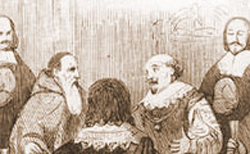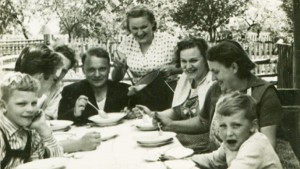Cooking is specific to the human family and eating food together is one of the high moments of shared living. Every tradition and every culture receives a value and a taste from it that ‘nourishes’ the person in a real way. Being together is indispensable to life as much as proteins and calories which nourish the body. In addition, eating, in being human beings, is connected with conviviality and hospitality which are constituent elements of the human community and, even before this, of the solidity and equilibrium of primary relationships.
One thus well understand that a ‘shared meal’ – like for that matter ‘fasting’ – are things that are valuable and specific to all religious experiences. They express, on the one hand, conviviality and hospitality so to speak in a horizontal way and become an effective symbol of sharing with the divine. On the other hand, they mark the ascetic journey of man towards God, his wish to abandon all disordered affections. Man becomes in this way more supportive and caring in relation to his neighbour. These fundamental meanings are found, evidently according to their specific modalities, in the Jewish Passover as a gesture of remembering the mirabilia Dei with His people, and in the practice of fasting of Ramadam, and in the Christian Eucharist.
As regards shared meals as a banquet, we can say that in them man experiences in a paradigmatic way the experience of need, which is opened to his wishes and to the sharing of frailty and hospitality. A concrete symbol of good sociability, in banquets we find a synthesis of the experience shared by every man which reflects the breadth and meaning of existence in its rich cultural and religious expressions.
Conviviality is, in fact, one of the essential features of people’s lifestyles which find their foundation specifically in the dynamic of recognition and mutual narration.












